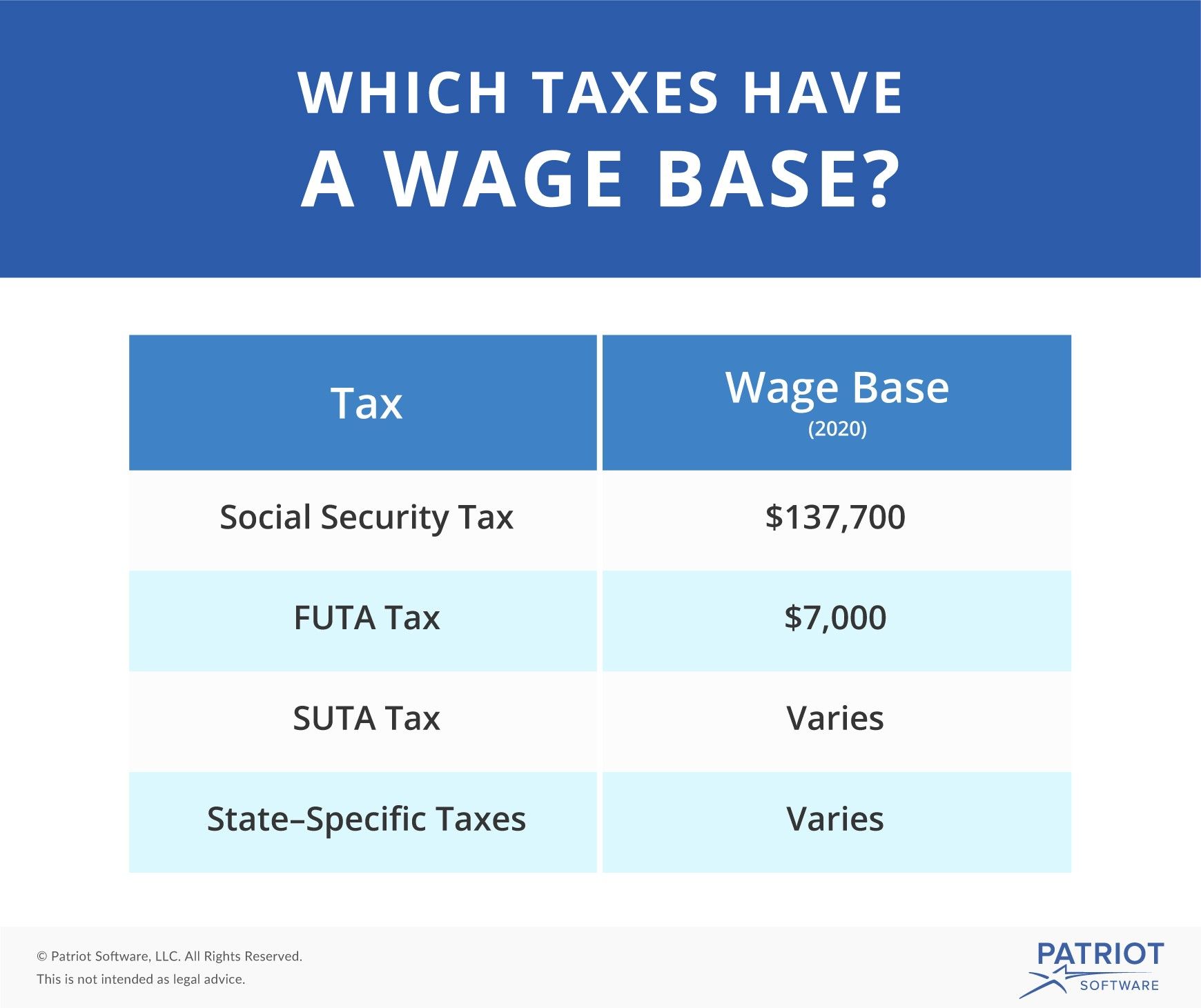Understanding The Tax Base And Its Significance
What is a tax base? This is a common question that many individuals and businesses have when it comes to understanding the concept of taxation. In simple terms, a tax base refers to the total amount of income, property, sales, or other assets that are subject to taxation by a government entity. It serves as the foundation for calculating the amount of tax that an individual or entity owes to the government. Understanding the tax base is crucial for both taxpayers and policymakers, as it directly impacts the amount of tax revenue collected and the overall fairness of the tax system.
There are several key factors that determine the size and composition of a tax base. These include the types of taxes imposed, the taxable entities or activities, and the tax laws and regulations established by the government. By gaining a deeper understanding of the tax base, individuals and businesses can make informed decisions about their financial affairs and contribute to the ongoing discussions about tax policy and reform.
In this comprehensive guide, we will delve into the intricacies of the tax base, exploring its definition, significance, and the factors that influence its scope. Whether you are a taxpayer looking to understand your obligations or a policymaker seeking to improve the tax system, this article will provide valuable insights into the concept of the tax base.
What Does the Tax Base Include?
When discussing the tax base, it's essential to identify the various components that contribute to its size and composition. The tax base encompasses a wide range of income, assets, and activities that are subject to taxation. These may include:
- Income from wages, salaries, and self-employment
- Capital gains from the sale of assets
- Interest and dividends from investments
- Property ownership, including real estate and personal property
- Business profits and corporate revenues
- Sales of goods and services
Why is the Tax Base Important?
The size and composition of the tax base have significant implications for both taxpayers and the government. A broad and diverse tax base allows the government to generate sufficient revenue to fund public services and programs, such as infrastructure, education, healthcare, and national defense. It also helps distribute the tax burden more equitably across different segments of the population and the economy.
How Does the Tax Base Impact Tax Policy?
Policy decisions related to taxation, such as the rates and exemptions, are directly influenced by the characteristics of the tax base. Policymakers must consider the potential impact of tax policies on the overall tax base, as well as the behavioral responses of taxpayers. For example, tax incentives and deductions can affect the behavior of individuals and businesses, ultimately shaping the size and composition of the tax base.
Factors Affecting the Tax Base
Several factors play a role in determining the size and composition of the tax base. These include economic conditions, demographic trends, technological advancements, and changes in the legal and regulatory environment. By examining these factors, policymakers can gain a better understanding of the dynamics that shape the tax base and make informed decisions about tax policy.
How Can Taxpayers Optimize Their Tax Base?
For individuals and businesses, understanding the tax base can provide valuable insights into tax planning strategies. By leveraging the available tax deductions, credits, and exemptions, taxpayers can optimize their tax base and minimize their tax liabilities. This may involve engaging in activities such as charitable giving, retirement savings, and investment planning to enhance their financial position within the tax system.
What is the Role of Tax Base in International Taxation?
With the increasing globalization of economic activities, the concept of the tax base has become central to discussions about international taxation. Multinational corporations and cross-border transactions raise complex issues related to the allocation of the tax base among different jurisdictions. As a result, policymakers and tax authorities must address these challenges to prevent tax evasion and ensure fair taxation in the global economy.
Unlocking The Mystery Of Alcarez Height
Exploring Collin Morikawa's Career Earnings
Unraveling The Mystery: How Old Is Axl Rose's Daughter?


